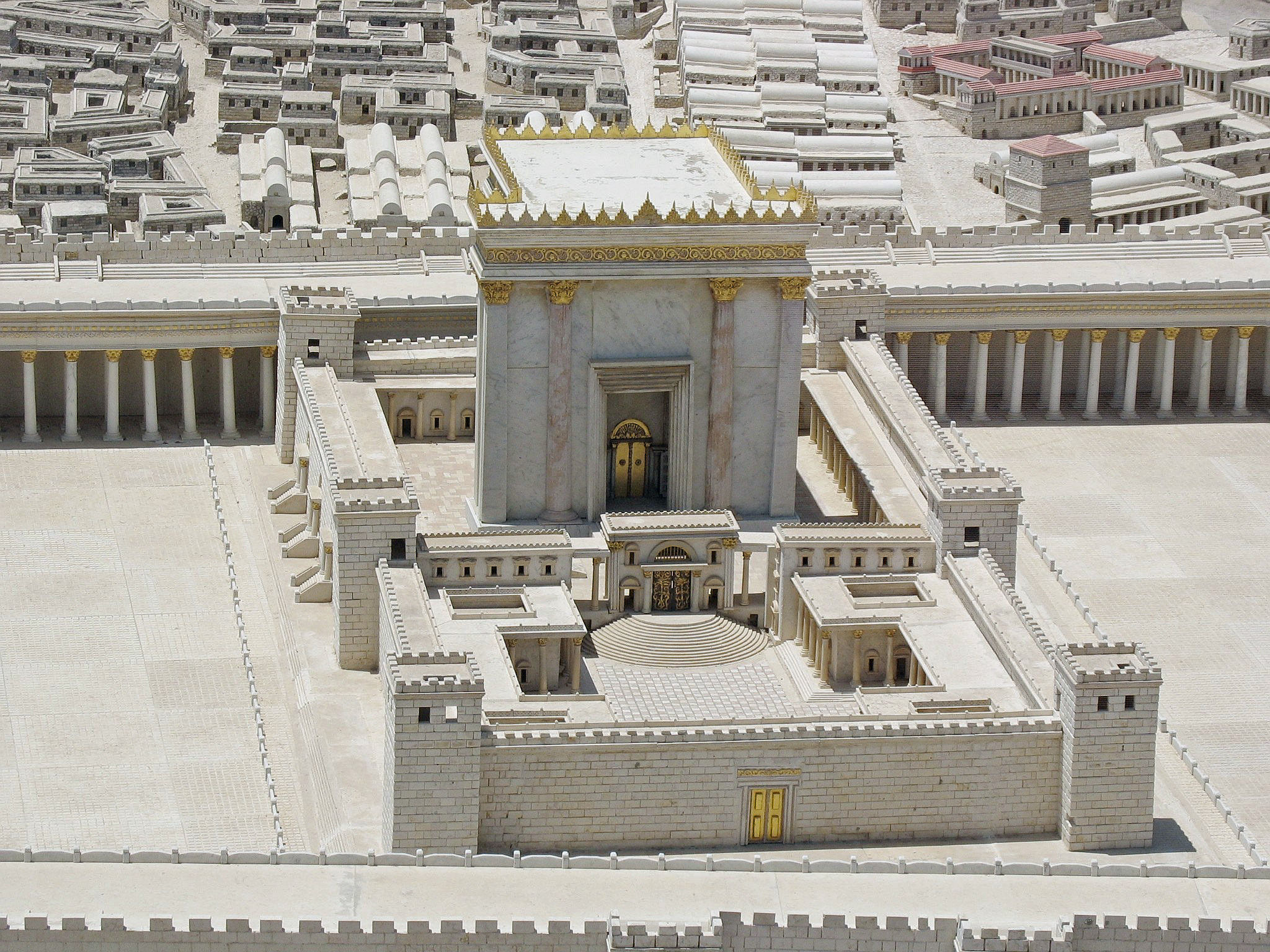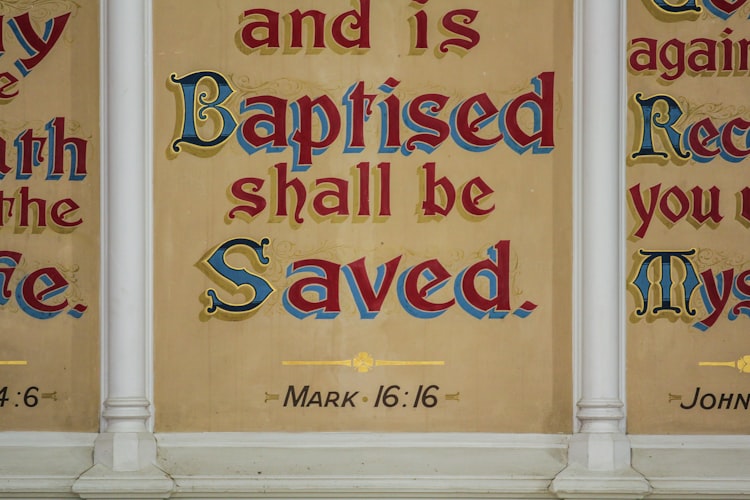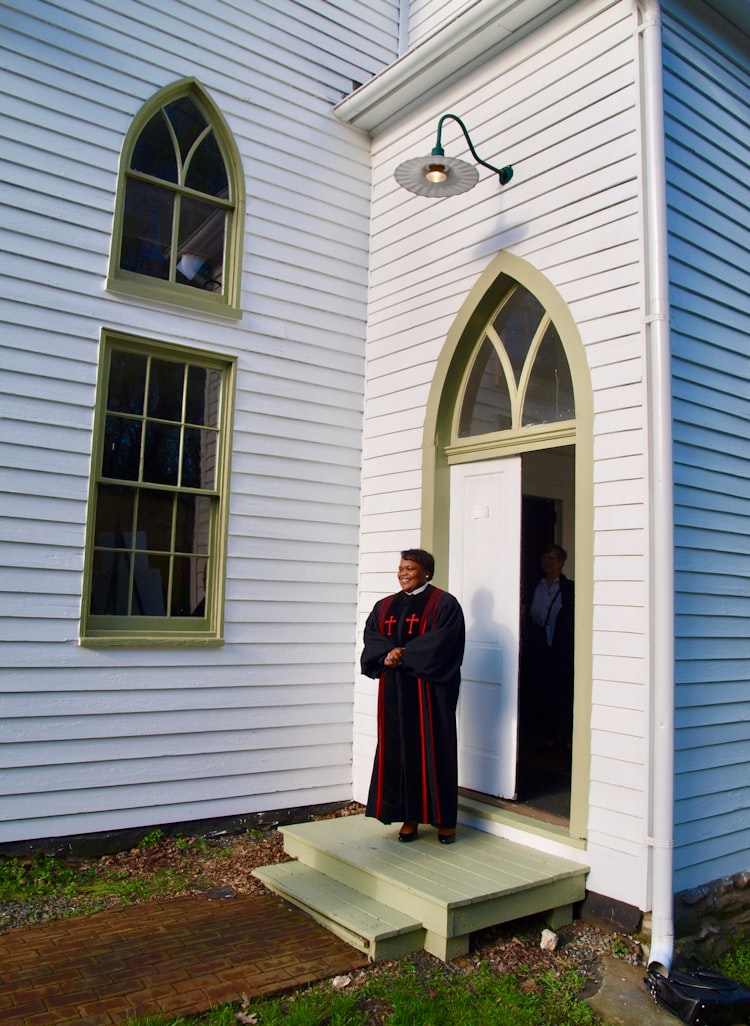Jesus' "End Times" Prophecies

Imagine living in the year 4000 CE, and you come across the 2,000-year-old speeches and quotes of climate activist Greta Thunberg. And let's say you also happen to know that by 2050 CE, the earth's coastal cities were destroyed by flooding caused by climate change. But, you ignore that fact and instead deeply believe that Greta Thunberg was prophesying about your time in the year 4000, your culture, and the imminent destruction of your city.
That's what we've done to the prophecies of Jesus.
Okay, let's get three things out of the way.
Eschatology is the study of "last things" or "end times." Eschaton means the end-time event itself. Eschatological is the adjective form.
Most American evangelical Christians' view of the eschaton, or end times, has been radically de-formed by the sheer volume of Left Behind-esque theology. And by volume, I mean both quantity and loudness. Since the 70s in particular, the Christian right has been putting out massive quantities of shrill, alarm-raising material on the immanence of Christ's return, the rapture, of not being left behind, of how every shot fired in the middle east or Russia is fulfilling a biblical prophecy. This material has been repeatedly and embarrassingly wrong, yet it keeps being printed. Why? Gullible Christians keep buying it. It's basically printing money.
Jesus never talked about His second coming. It is not a topic of Jesus' preaching or ministry.
That last point is a real hard pill for folks to swallow. There are a plethora of famous verses out of the mouth of Jesus that so many now assume have to do with the end times. "Wars and rumors of wars," "blood red moons," "not one brick will be left on top of the other." Even the headings that publishers put into Bibles get this wrong. For instance, the NIV labels Matthew 24 as "Signs of the End Times." In many Christians' imaginations, the very phrase "Kingdom of God" gets confused with either "when we all get to heaven" or "when Jesus comes back."
But Jesus had a hard enough time getting His disciples to understand His first coming, much less His death and resurrection. Why would Jesus spend so much time talking about something thousands of years in the future when there was a much closer crisis at hand?
More importantly, Jesus was very explicit about the topic of His prophetic ministry. Yes, Jesus did prophesy and did talk about the future. But not a thousands-of-years-away future, but one that was much more important for and close to the lives of His disciples.
Matthew 24, Mark 13, and Luke 21 (the Olivet Discourse) make this explicit. Jesus and His disciples are in Jerusalem, and the disciples comment about how beautiful the temple is. Jesus then says, "Yeah, this temple, it's going to be destroyed brick by brick."
And the disciples are like, "Oh no! When!?"
So Jesus answers that question. When will the temple be destroyed? He goes on for many verses saying that earthquakes, wars, famines, and signs from heaven are not the signs you should be looking for (so many preachers get that part wrong). No, the sign of Jerusalem's destruction—and this is actually kind of funny when you hear it out loud—is when the city is surrounded by armies. Which, you know, no shit, Sherlock.
But the reason that Jesus needs to emphasize this is that the leaders in Judea at the time were becoming more and more bellicose and cocky about their ability to overthrow Rome. Jesus comes and preaches peace and love of enemy and warns that provoking Rome will only lead to destruction. So, hey, if you see armies surrounding the city, I'm telling you, that's the end of the city and its temple; it's not the beginning of your glorious revolution.
Jesus then makes this even more clear when He says, "I assure you that this generation won’t pass away until everything I just said has happened" (Luke 21:32). Rapture theology end times folks bend themselves over backward trying to make this statement square with their predictions. But you don't have to do that. Around 33 CE, Jesus said that these things would happen within a generation. And, not even 40 years later, by the 30th of July, 70 CE, Jerusalem and its temple were demolished by General Titus of Rome.
That's not to say that Jesus' words for His people aren't still relevant to us today. They certainly are! We need to listen closely to Jesus' teachings about fostering peace and creating revolutions that confront evil without succumbing to violence. But to Jesus to Jesus today, we don't need to rip Him out of His historical setting and make Him a prophet who was useless to His own generation.
With all this in mind, next week, I'll get into the Parable of the Ten Girls and The Sheep and the Goats and how to re-read these without falling for end-times nonsense.



Member discussion